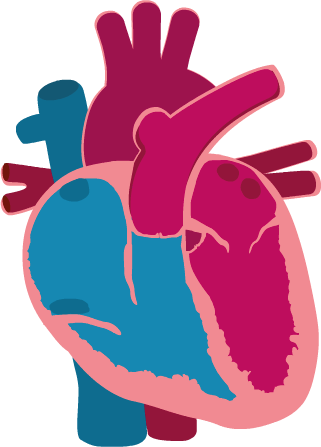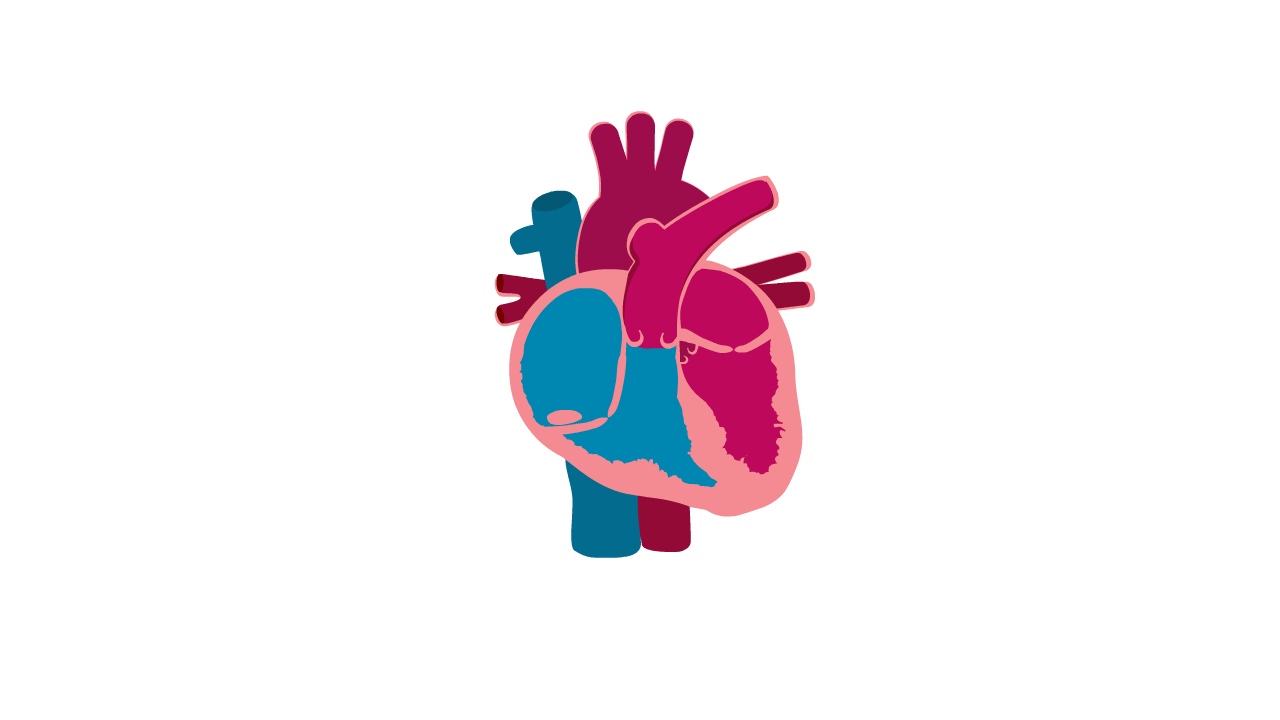
What is Myocarditis?
- Myocarditis is an inflammation of the heart muscle wall.
- It can affect the function of the heart and the normal electrical signalling of the heart.
- Myocarditis can cause dilated cardiomyopathy (DCM) in some people.
What are the symptoms of myocarditis?
Not everyone with myocarditis will have symptoms. Some people feel generally ill or under the weather and have ‘viral infection’ symptoms such as feeling tired, achy, a sore throat and a headache. However, other people have more severe symptoms, which are usually the following:
- Chest pain - which can feel very similar to the pain of a heart attack.
- Palpitations (feeling your heart beating too fast or too hard like it is ‘fluttering’) – this is caused by abnormal heart rhythms.
How is myocarditis diagnosed?
There are several tests to diagnose myocarditis, which may include the following:
- Physical exam and medical history – to see what physical symptoms are happening and what may be causing these symptoms.
- Blood tests – to look for evidence of inflammation, infection and for damage to the heart muscle.
- ECG (electrocardiogram) – to check for abnormal heart rhythms.
How is myocarditis treated and managed?
As myocarditis can get better in some cases, not everyone will need treatment. What treatment might be used depends on what symptoms the person has and the cause of the myocarditis.
- Treating the cause - if the cause of myocarditis is known, treatment may be given for this. For example, drugs that affect the immune system. Find out more about COVID-19 and myocarditis here.
- Treating non-heart related symptoms - symptoms such as a high temperature may be treated with over-the-counter painkillers.
- Treating the symptoms affecting the heart – this usually involves treatment for heart failure with medication.
The heart in action
Image
